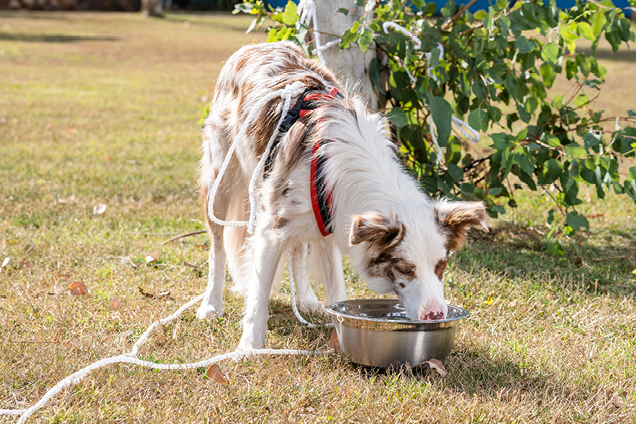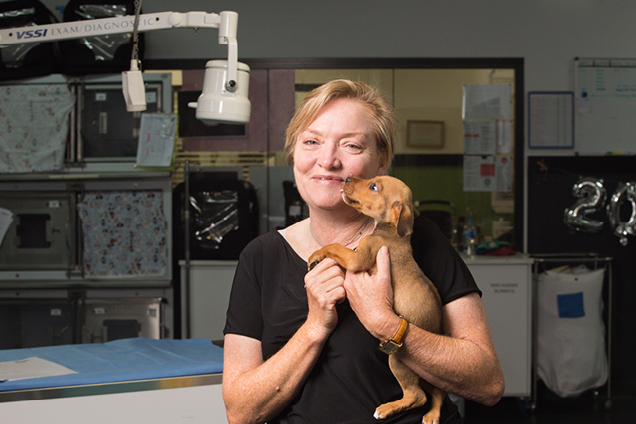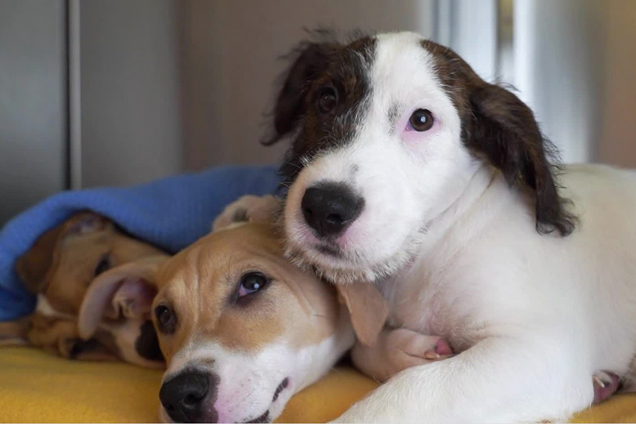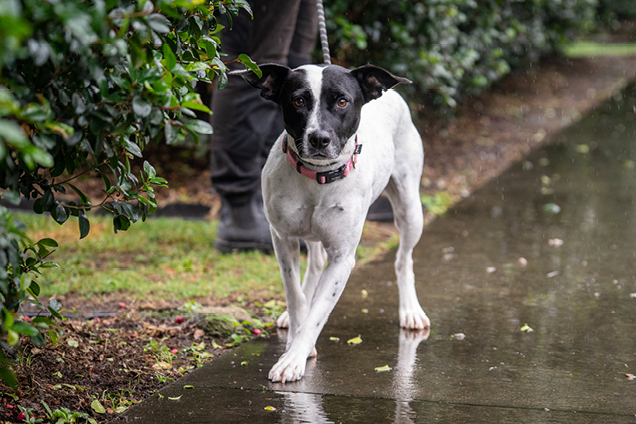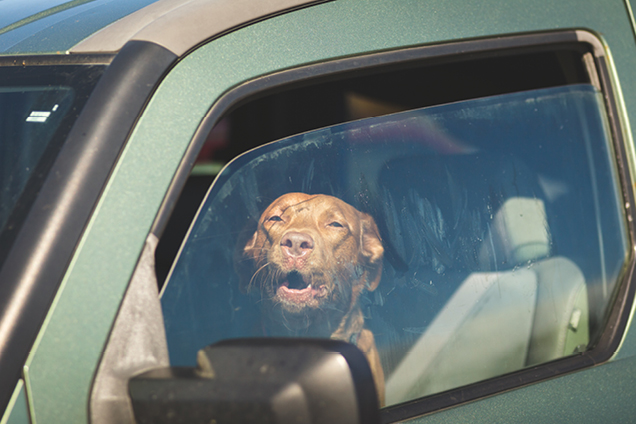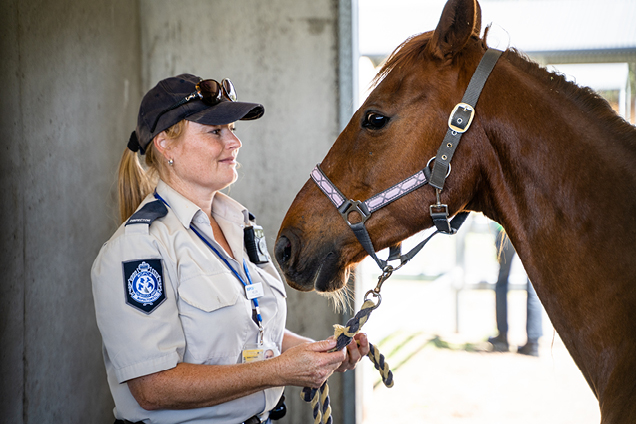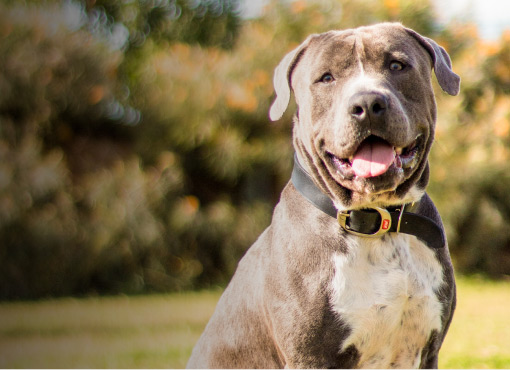Research has shown physical punishment does not get results when training a dog. Sadly, media personalities like Cesar Milan have given the public a misconception that dominance-based training will get results in training their animal.
Similar to children, causing fear in an animal does not breed a healthy animal-owner relationship. Often the animal does not understand why they are being punished. For example, they cannot correlate that being hit or kicked is because they urinated on the floor while their owner was at work.
Positive based training encourages a collaborative and healthy relationship between you and your dog. You’ll certainly see the results with a well behaved and well-balanced companion through love and treats rather than fear and punishment. Sometimes dog behaviour can be quite complex and if an owner is struggling to train their dog, then they should seek professional help from a dog trainer like our team at RSPCA School for Pets who use positive reinforcement training techniques.


